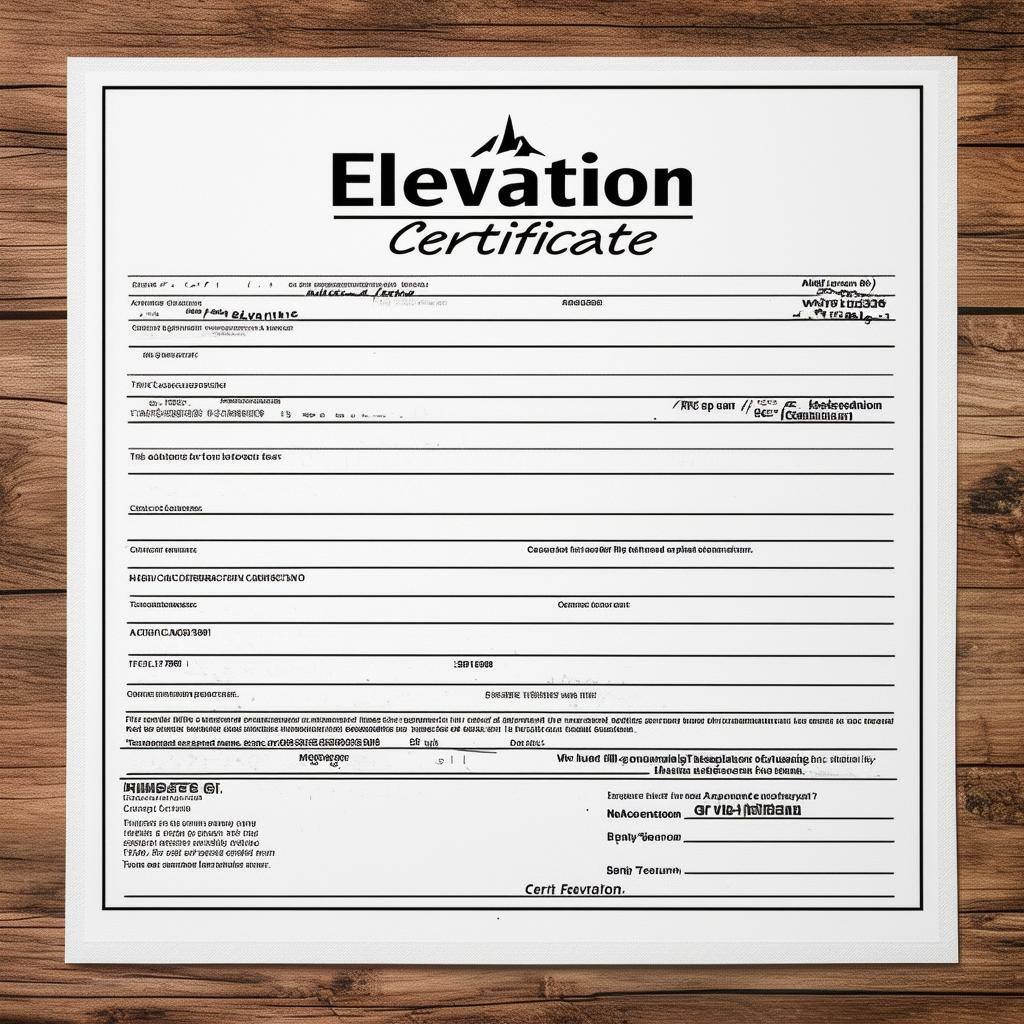Flood Zone AE in Atlanta is classified by FEMA as a high-risk flood area within the 100-year floodplain, meaning it has a 1% annual chance of flooding. Properties in this zone are required to adhere to strict building regulations and maintain mandatory flood insurance if financed through a federally-backed mortgage.
Atlanta’s location and evolving weather patterns make flood risks a real concern. The city's extensive network of streams, urban creeks, and drainage systems sometimes struggles to manage heavy rainfall, especially during storm events or hurricanes. This increases the importance of preparedness and mitigation for homes located within Zone AE.






.jpeg)